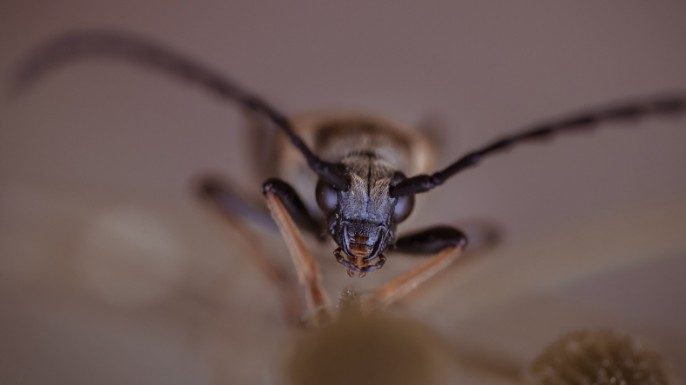
In this article we are going to learn how to control mosquitoes. Mosquitoes are blood-feeding pests whose bites leave red, itchy bumps on the skin. They make prime vectors for infectious diseases such as encephalitis, West Nile virus, and malaria.
Although these diseases are rare, reports of infected persons are on the rise, leaving local governments little alternative than to initiate community-wide mosquito-control programs.
The months of June, July, August, and September are peak months for mosquito populations, so it’s a good idea to do some preventive maintenance in April and May.
Table of Contents
Signs of a Mosquito Problem
Mosquitoes are most active during the early hours of the morning and early hours of the evening. One bite during the course of an evening is pretty commonplace, but if you get bitten more than four times in an hour, that could be a sign that mosquitoes’ breeding grounds are nearby.
Exclusion and Mechanical Control
- Screens: Make sure all screens on your doors and windows are properly fitted and intact. If a screen is loose, torn, or even the slightest bit ajar, mosquitoes will find their way into your home. Covering holes and tears in screens with duct tape is a good temporary solution until you can get the screens replaced.
- Sealing: Be certain that all your sliding doors and screen doors are sealed and shut properly. Putting weatherstripping between a door frame and a screen door is a good way to ensure a tight seal. Before peak mosquito season, check to make sure that the mechanisms that pull your doors shut work properly.
- Moving air: Mosquitoes are incredibly light and have difficulty flying in breezes, so ceiling fans and other air-circulating devices provide effective protection against mosquito bites during the night.
- Mosquito netting: Mosquito netting around beds and cradles is strongly recommended for the infirm or very young children, especially in New England and the Midwest, where mosquito-borne illnesses have become increasingly common.
- Traps: Mosquito-capturing devices are also available, but because they use a lot of energy and there isn’t much evidence to prove their effectiveness, they aren’t considered a very efficient means of controlling mosquito populations.
Chemical Control
- Mosquito repellents: Found in bug repellents such as Off!® and Cutter®, DEET is the best-known chemical method for keeping mosquitoes away. And the CDC recommends oil of lemon eucalyptus, which is the active ingredient in a brand called Repel®.
- Insecticidal fog: An insecticidal fog is a short-term solution to a mosquito problem, but research suggests that consistent use of one will in the long run produce more chemical-resistant mosquitoes. Insecticidal fogs can be applied sparingly before large gatherings, such as outdoor parties, but they have a harsh effect on the environment and should never be part of a daily mosquito control routine.
- Citronella candles: Though setting out citronella candles is supposed to keep mosquitoes out of the immediate area during the early evening, much of the supporting evidence is anecdotal.
Keeping Mosquitoes Away

As of yet, there is no easy or effective means of reducing mosquito populations on private property, but there are a couple of strategies you may want to consider:
- Mosquito Dunks®: Mosquito Dunks are small, solid cakes that resemble toilet-tank treatments. They contain Bti, a bacterium that kills mosquito larvae. Bti can be added to sources of standing water, lakes, and slow-moving creeks, providing an effective form of biological mosquito control for up to 30 days, depending on the volume and flow of the water. Local governments are using Bti as part of their mosquito-control strategies. If your community suffers from a particularly bothersome mosquito population, contact your city council and ask about Bti.
- Standing water: Reducing the amount of standing water on your property should help keep local mosquito populations down. However, because mosquitoes can fly several miles in a single day to find a meal, this may not be the most effective or immediate form of control.

